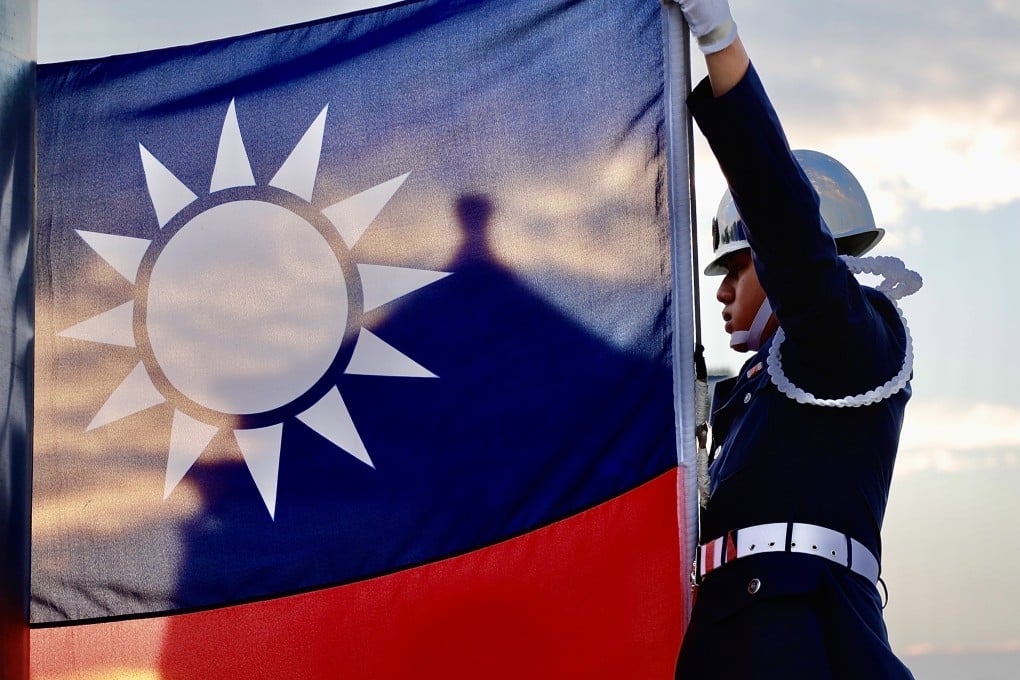Advertisement
China ‘shocked’ by Slovenia’s plans to allow Taiwan to open an office
- Foreign ministry accuses Slovenian leader Janez Jansa of making ‘dangerous remarks that challenge the one-China principle and support Taiwan independence’
- Jansa had referred to Taiwan as ‘a democratic country’ and said it was ‘difficult to listen to a capital with a one-party system lecturing about democracy’
Reading Time:2 minutes
Why you can trust SCMP
99+

The Chinese foreign ministry said it was “shocked” by Slovenia’s plans to allow Taiwan to open an office there, saying it would damage ties between China and Europe.
Ministry spokesman Zhao Lijian also said that comments by Slovenian Prime Minister Janez Jansa, who made strong criticisms of Beijing in a television interview on Monday, were “dangerous”.
“The one-China principle is a universally recognised norm in international relations and a general consensus of the international community,” Zhao said on Wednesday. “It is also the political foundation of China-Slovenia and China-Europe relations.
Advertisement
“We have noticed that the Slovenian leaders have blatantly made dangerous remarks that challenge the one-China principle and support Taiwan independence. We are deeply shocked by this and strongly disagree.”
The one-China principle is Beijing’s position that there is only one sovereign state under the name “China” and it includes self-ruled Taiwan, whose official name is the Republic of China.
Advertisement
Advertisement
Select Voice
Select Speed
1.00x
